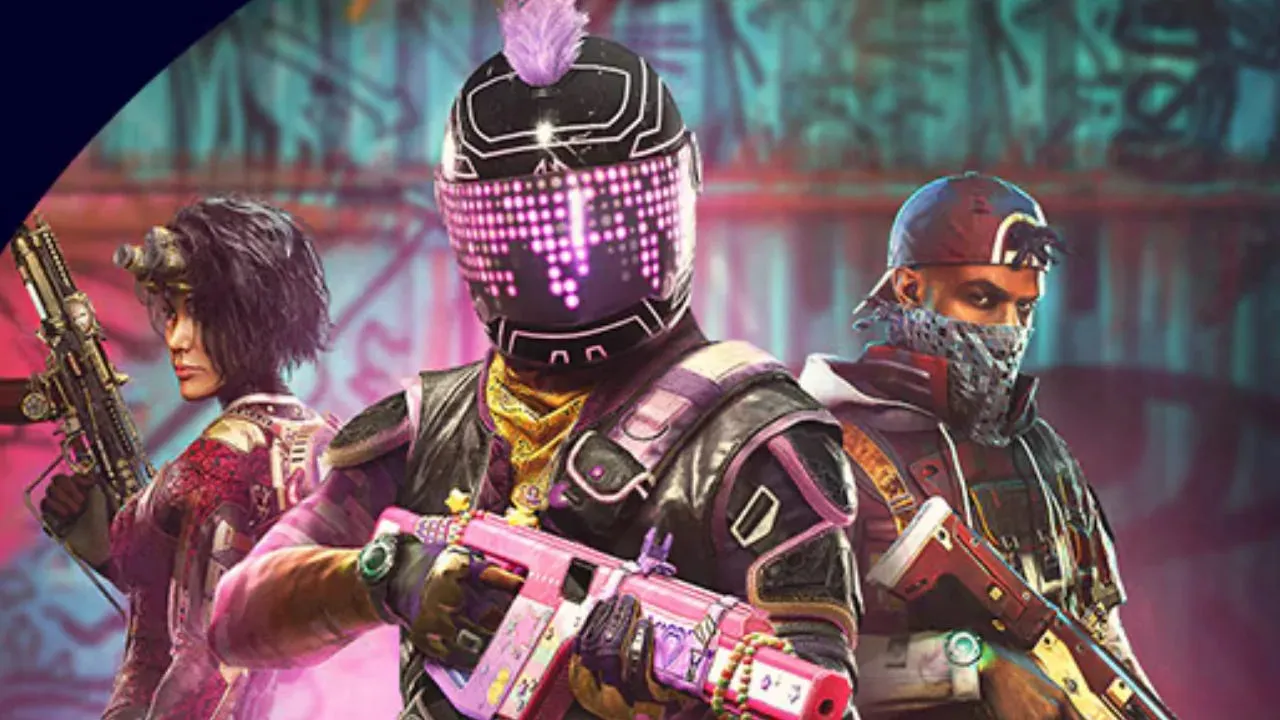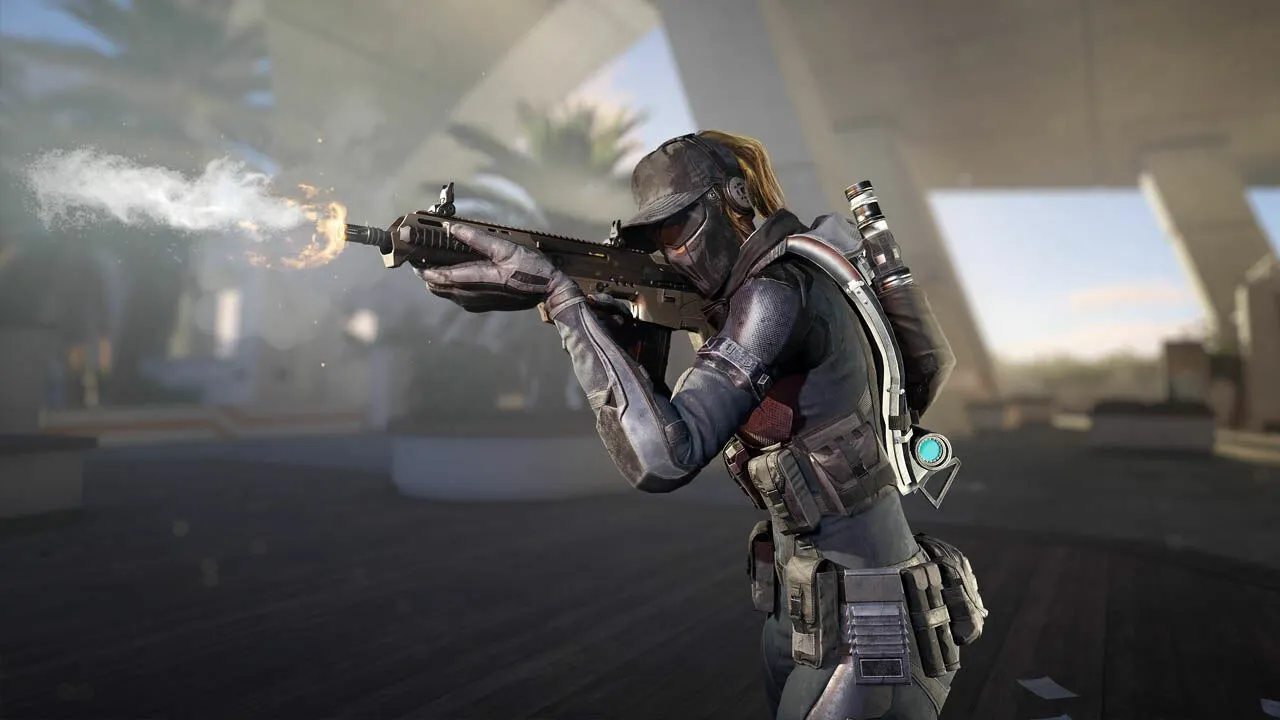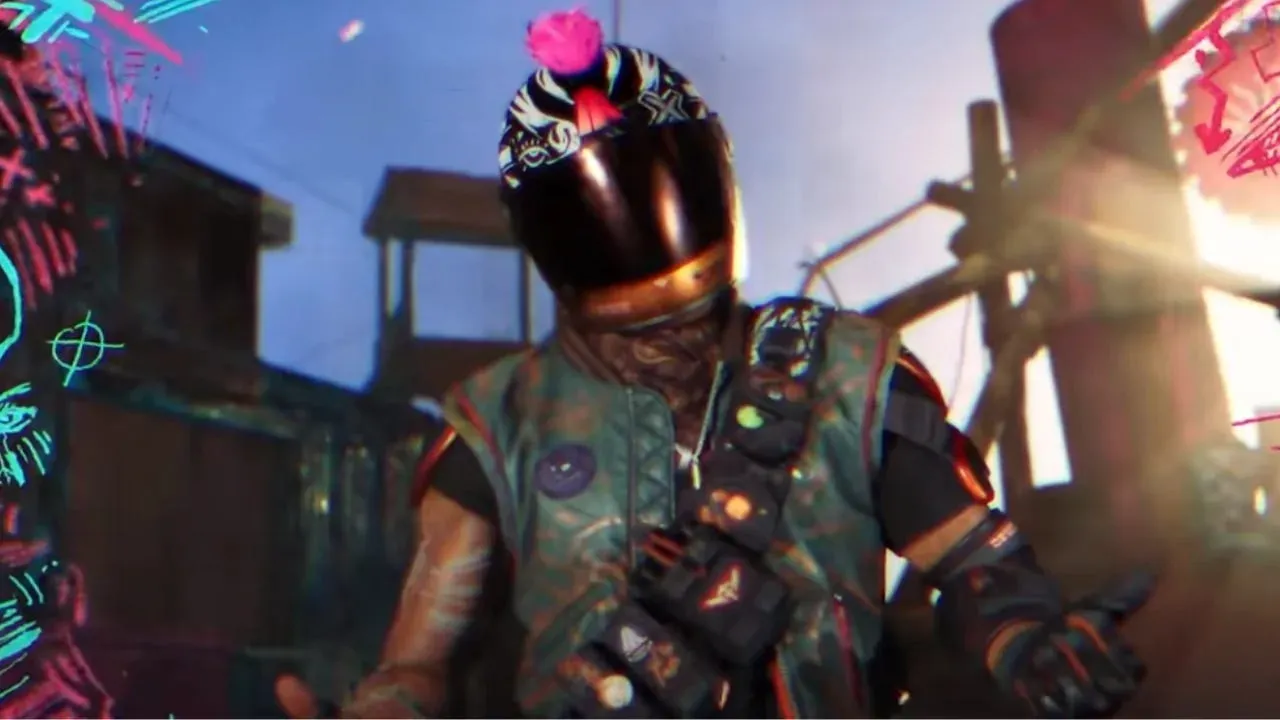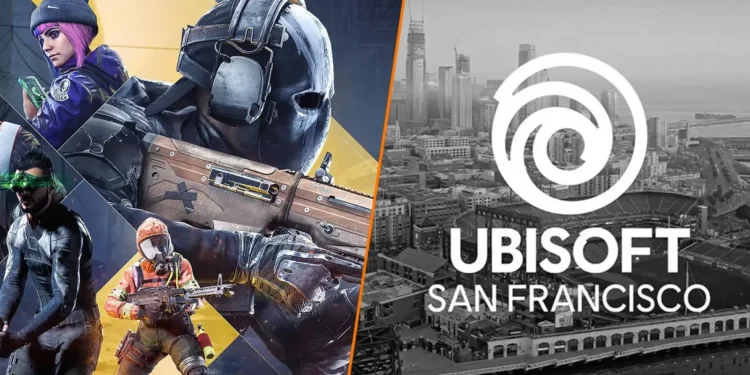Ubisoft has officially pulled the plug on its PvP shooter, XDefiant, signalling a significant shift in the company’s approach to the free-to-play FPS market. In a recent announcement, Ubisoft revealed the discontinuation of XDefiant due to its inability to “attract and retain enough players in the long run to compete at the level we aim for.” This decision has led to the layoff of approximately 277 employees across Ubisoft’s studios in San Francisco, Osaka, and Sydney.

The Impact on Ubisoft’s Global Workforce
The closure of XDefiant has had a profound impact on Ubisoft’s workforce, with significant layoffs across three of its international studios. “This decision also leads to the closing of our San Francisco and Osaka production studios and to the ramp down of our Sydney production site,” de Waubert noted, emphasizing the global scale of the layoffs. The use of the term “departing” in her statement has been criticized for downplaying the severity of the situation faced by the affected employees.

Ubisoft’s Continued Commitment to Games-as-a-Service
Despite the setback with XDefiant, Ubisoft remains committed to its games-as-a-service (GaaS) strategy. The company has seen success with this model in the past, most notably with games like Rainbow Six Siege and For Honor, which initially struggled but later found their footing. “Developing Games-as-a-Service experiences remains a pillar of our strategy,” de Waubert affirmed. She highlighted the competitive nature of the market and the valuable lessons learned from XDefiant that will be applied to future projects.

The Industry’s Reaction and Future Prospects
The industry’s reaction to Ubisoft’s decision has been mixed. Some see it as a prudent move to cut losses in an increasingly competitive market, while others lament the potential that XDefiant might have had. Commentary from players and reviewers, like Ollie’s critique that the game failed to stand out, reflects the challenges Ubisoft faced in differentiating XDefiant in a saturated market.

As Ubisoft restructures and refocuses its efforts on other projects, the industry watches closely to see how the company will evolve its GaaS offerings. The lessons from XDefiant’s rise and fall will likely influence how Ubisoft approaches the development and launch of future titles, aiming to avoid similar pitfalls and build on the model’s potential for long-term success.
In conclusion, the shutdown of XDefiant and the subsequent layoffs mark a pivotal moment for Ubisoft. As the company navigates the complexities of the free-to-play market, its ability to adapt and innovate will be critical in maintaining its standing in the competitive gaming landscape.










